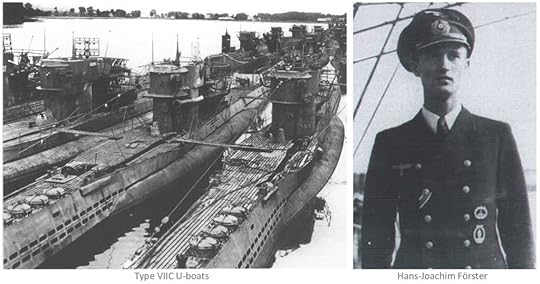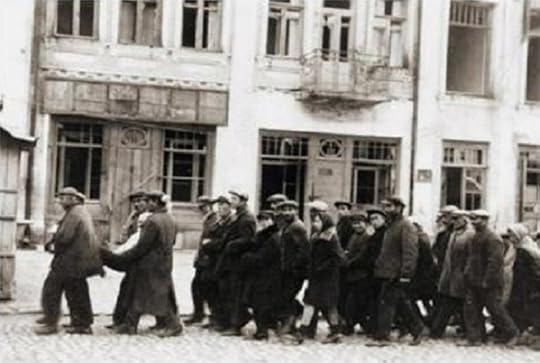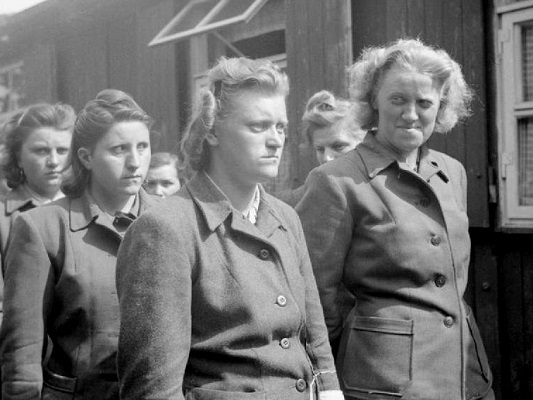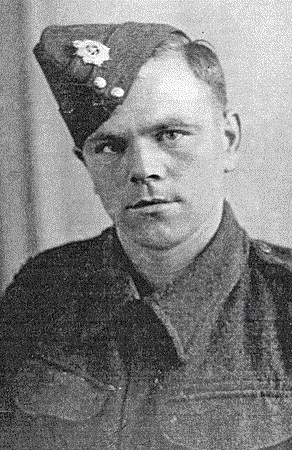Mark Simner's Blog
August 31, 2019
U-480: The Kriegsmarine’s Stealth Submarine

Although ‘stealth’ is a somewhat modern term applied to certain high-end military machines, U-480 was the first operational U-boat to use technology specifically designed to reduce the possibility of underwater detection by sonar. In August 1944, it went on a seemingly unstoppable killing spree, sinking four vessels in the English Channel in under 96-hours, with the Allies seemingly unable to locate her. But was the Kriegsmarine’s stealthy U-boat really the potential war winner some later be...
May 29, 2019
Face-off at Fashoda: How Close Did Britain and France Come to War in 1898?
 Magazine cover depicting the French expedition to Fashoda
Magazine cover depicting the French expedition to Fashoda On 2 September 1898, Major-General Horatio Herbert Kitchener fought his most famous action of his military career, the Battle of Omdurman. It was the finale of a long campaign against the Mahdists of Sudan, and the even longer awaited avenging of General Charles Gordon’s killing over a decade earlier. Thousands of fanatical Islamic warriors lay dead or wounded in the burning sands, while their defeated leader, the Khalifa, scurried off...
May 4, 2019
Sonderkommando Arājs: Latvia’s Nazi Collaborators and Their Role in the Holocaust
 Viktors Arājs
Viktors Arājs On 1 July 1941, during Operation Barbarossa, German troops entered the Latvian capital city of Riga. In their wake followed a unit of the notorious Einsatzgruppen, Himmler’s infamous mobile killing squads tasked with the mass murder of Jews and others in eastern Europe. From the outset, these masters of death sought to enlist the help of local collaborators, and on the same day the Wehrmacht began its occupation, Walter Stahlecker, commander of Einsatzgruppe A, made contact wi...
April 18, 2019
Kraków-Płaszów: The Real Story of Amon Göth’s Notorious Death Camp
 Kraków-Płaszów Arbeitslager
Kraków-Płaszów Arbeitslager Before the publication of Thomas Keneally’s 1982 historical novel, Schindler’s Ark, and Spielberg’s subsequent 1993 movie, relatively few had heard of the infamous Płaszów concentration camp. Yet despite these high-profile productions, the actual history of the camp, including its murderous SS staff and their thousands of Jewish victims, continues to remain unknown to many.
Construction of the Camp
In October 1942, Julian Scherner, the SS-und Polizeiführer (SS and P...
April 11, 2019
Book Review | Hitler’s Scapegoat: The Boy Assassin and the Holocaust by Stephen Koch

Most historians of Third Reich Germany will know the story of the killing of Ernst vom Rath, a German diplomat in Paris who died of an assassination attempt in November 1938. His death is said to have provided the pretext for the infamous Kristallnacht, or ‘The Night of Broken Glass’, a violent pogrom against Jews across Nazi Germany carried out within hours of vom Rath’s demise. Relatively few, however, could probably name Herschel Grynszpan, an impoverished Polish Jewish teenager living in...
April 6, 2019
Mass Murder at Kamianets-Podilskyi
 Jews marched out of Kamianets-Podilskyi on their way to be murdered
Jews marched out of Kamianets-Podilskyi on their way to be murdered Overshadowed by the massacres at Babi Yar near Kiev and Rumbula near Riga, the mass murder of Jews at Kamianets-Podilskyi is less well-known in Holocaust history. Yet, it remains one of the largest single actions carried out by the infamous Einsatzgruppen during their murderous operations in eastern Europe. In just two days, the Nazi killing squads executed over 23,600 men, women and children in cold blood.
Kamianets-Podilsk...
March 31, 2019
Hunting Chui-A-poo: The Royal Navy’s Suppression of Piracy in the South China Seas, 1849
 Chui-A-poo
Chui-A-poo During the 1840s and 1850s, the recently acquired British colony of Hong Kong became a centre for piracy in the South China Seas. Here the Chinese pirates would off-load their booty to shopkeepers and other merchants who would then sell on the stolen goods to their eager European and Chinese customers. The pirates also targeted European and American seamen on shore leave in Hong Kong, encouraging them to desert their ships and join pirate vessels in return for the promise of riches...
March 2, 2019
Das SS-Helferinnenkorps: Hitler’s Angels of Death
 Female Camp Guards Photographed at Bergen-Belsen, 19 April 1945
Female Camp Guards Photographed at Bergen-Belsen, 19 April 1945 ‘We climbed the stairs to the cells where the condemned were waiting. A German officer at the door leading to the corridor flung open the door and we filed past the row of faces and into the execution chamber. The officers stood at attention. Brigadier Paton-Walsh stood with his wristwatch raised. He gave me the signal, and a sigh of released breath was audible in the chamber, I walked into the corridor. ‘Irma Grese’, I called. T...
January 26, 2019
Arthur Dodd: A British Soldier in Auschwitz
 Arthur Dodd
Arthur Dodd Few today will not have heard of Auschwitz. A mere mention of its name conjures up horrific images of evil, suffering and death. It is estimated that 1.1 million people were murdered in the camp, around 90% of who were Jews. Others included Poles, Romani and Sinti, Soviet prisoners of war, Jehovah’s Witnesses, homosexuals and others who the Nazis wanted to dispose of. Most were gassed using the notorious Zyklon B pesticide, while others died of starvation, being worked to death or...
December 8, 2018
Hero of Chitral: Sir George Scott Robertson
 Sir George Scott Robertson (seated) and officers of the defence of Chitral
Sir George Scott Robertson (seated) and officers of the defence of Chitral Army surgeon, explorer, administrator, author and member of parliament, Sir George Scott Robertson was viewed as a true hero during the late Victorian era. He had extensively travelled through rugged Kafiristan (modern day Nuristan Province in Afghanistan), took part in the military expedition against Hunza–Nagar, and commanded the difficult yet successful defence of Chitral during the final years of the so-called ‘Gre...



